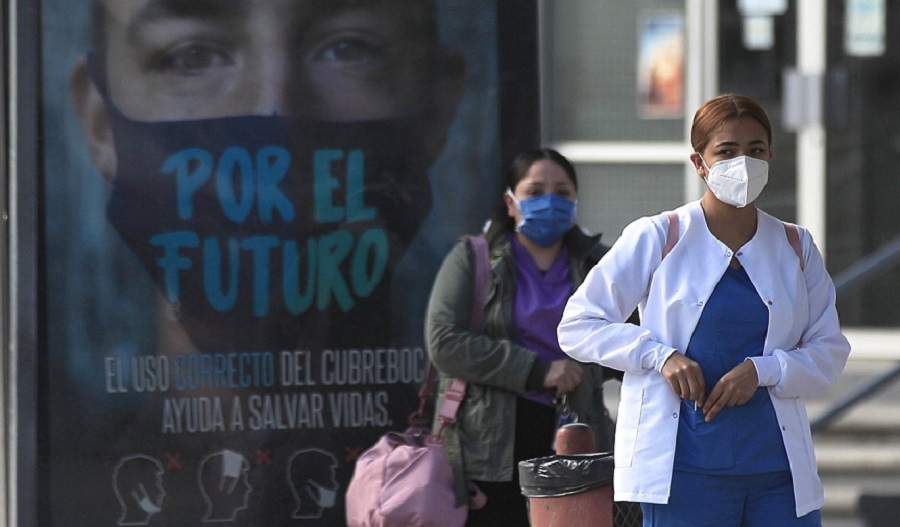RIO DE JANEIRO, BRAZIL – According to a report by the Colegio de México (COLMEX), the United States, Brazil, Colombia and Mexico, in this order, are the four countries in the world with the worst performance in tackling the Covid-19 pandemic,.
In analyzing the Mexican case, Jaime Sepúlveda, director of the Institute for Global Health Sciences at the University of California, San Francisco (UCSF) and co-author of the study “Mexico’s response to Covid-19”, explained that among the conclusions they were able to reach was that the country had too many deficiencies in its handling of the pandemic.
Among these shortcomings was the lack of anticipation, since “precious opportunities were lost” to prepare for the arrival of the coronavirus, he pointed out. Likewise, there were shortcomings in the incorporation of scientific evidence and there was a lack of capacity to recognize mistakes and correct policies.

The researcher pointed out that, according to the report, it became clear that the Mexican authorities minimized the use of diagnostic tests and ridiculed and downplayed the use of masks, “which had devastating effects.”
Concurrently, there was a serious underestimation of the real cases, given that it is estimated that by November 2020 “only 1 out of every 30 existing cases was being detected.”
IMPACTS ON THE POOREST
Mariano Sánchez, COLMEX researcher and co-author of the study, said that after the report they were able to detect enormous inequities in the health system, for example, that the mortality rate is lower in the private sector.
“If you are hospitalized in the Mexican Social Security Institute (IMSS) your probability of dying may be higher than 50%, as opposed to 20% mortality rate in private hospitals,” he said.
He pointed out that the poorest were less likely to have access to tests, in addition to the fact that overcrowding in homes, with poorly ventilated rooms and the obligation to travel by mass public transport, were very abrupt contagion factors.
“All these elements add up as evidence that the poorest were more exposed to the virus,” he said.
SHORTCOMINGS IN VACCINATION PLAN
Jaime Sepúlveda expressed his concern about mortality among health workers. This, he said, has been exacerbated by this sector’s exclusion from the vaccine and the absence of a clear immunization plan.
“There is no detailed data on the number of doses, nor the geographic areas where they will be administered. There is no epidemiological logic in the vaccination plan, it seems that it responds more to electoral politics than to the welfare of the population,” he said.
The experts said that the study should serve to draw conclusions and, if possible, to change course and improve the financing of the health system.
The over 120-page report is based on more than 400 bibliographic references, and was conducted at the request of the independent panel of the World Health Organization (WHO) under the auspices of the UCSF Institute for Global Health Sciences.

